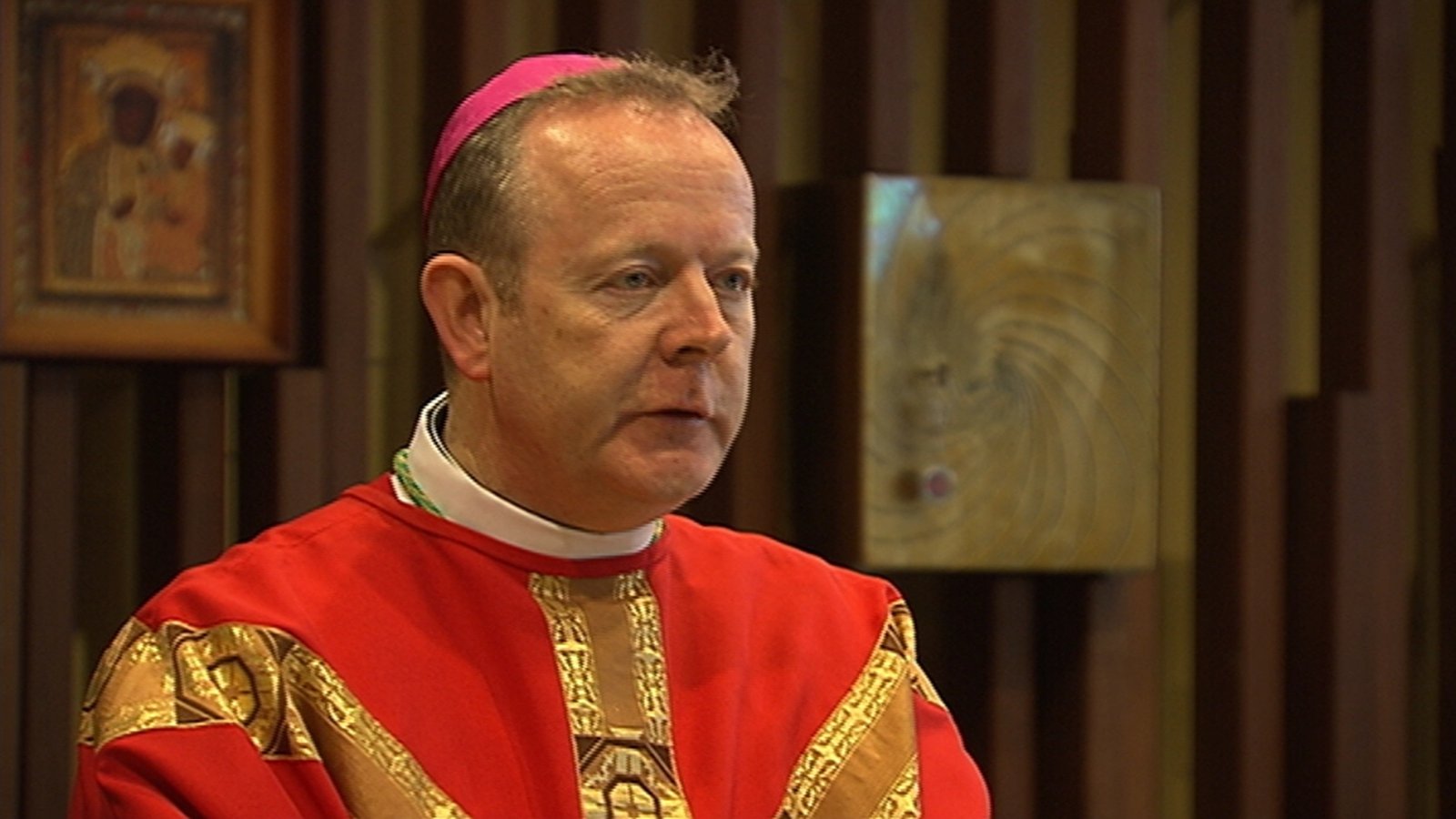Call for independent review of care system in Ireland


The Children’s Residential and Aftercare Voluntary Association (CRAVA) has called for an independent review of Ireland’s care system.
In a statement, it said increasing unregistered and uninspected for-profit providers “is not a new phenomenon” driven by unaccompanied minors and/or by the refugee crisis.
The association has said the current crisis is as a direct result of the State’s “failure to plan for and invest in the care system over decades”.
Several care organisations are facing possible closure and a significant number have been forced to cut back services due to lack of funding, according to the statement.
CRAVA remains “gravely concerned” that the lives, safety and mental health of the most vulnerable children in the country are at severe risk.
It has pointed out that in 2007 – before the recession – most children and young people in residential care in Ireland were in homes provided by the health boards or voluntary (not for profit) organisations that were registered and inspected.
However, it said that following the recession, with the creation of Tusla and up to the present day, the proportion has flipped to the for-profit model.
CRAVA has claimed that Tusla made decisions to “reduce its own capacity and reduce special care”, while the voluntary organisations had their funding cut.
“Staff whose salaries and pensions had been part of the public sector scale superannuation had this link broken without consultation,” it said.
“Though the pension levy was applied to these staff when FEMPI was unwound in 2014 this group of staff was left behind”.
Not only was it impossible for the voluntary services to grow to meet the need over the last decade, according to CRAVA, they started to shrink. This was because voluntary boards were being asked to carry deficits, as the costs of running services were not being covered.
“Staffing became an increasing problem as people’s pay and pension entitlements were not being met. This has resulted in children and young people paying the price with poorer service available to them”.
The “historic and continued underfunding of the voluntary care sector” has led to an ongoing contraction in essential care services according to the association.
Three voluntary care organisations have been forced to close in the past 12 months.
In 2022, Tusla launched its residential care strategy to reverse reliance on for profit services.
To do this, according to CRAVA, the then Tusla CEO said that according to legal advice, several services were entitled to the pay and pension arrangements, and this would help all services.
However, this did not come to pass.
Two years on, there has been no progress from the Department of Public Expenditure and Reform or on Tulsa’s “strategic goals”, according to CRAVA.
In the meantime, more young people are being exposed to “inappropriate care” at a very high financial cost to the state, it has said.
The statement outlined the figures involved, and how “space created by the forced contraction of the voluntary care sector” has, over the past ten years, been taken up by “the exponential growth of private for-profit companies”, but at a significantly higher cost.
A Spending Review by the Government’s Economic and Evaluation Services in 2020, showed that the average weekly cost for a child in private care was over €2,000 per week more expensive (€6,737) than a voluntary care placement (€4,599).
The report also showed that private residential care costs accounted for 94% of the overall residential care cost increase observed between 2016 and 2019.
CRAVA pointed to a letter by Judge Dermot Simms – as reported by the Child Law Project – which it said was an example of how “the Government’s continuing failure” to uphold the rights of children in care is being highlighted.
It has called on the Government to address the crisis in the care system “as a matter of urgency”, through the provision of appropriate funding to the voluntary sector, the restoration of pay and pensions to allow for staff retentions and recruitment.
It has also called for an independent review of our care system, as well as a costed and time-limited plan to implement all recommendations.
“Failure to do so places the lives of vulnerable children at risk,” it concluded.



